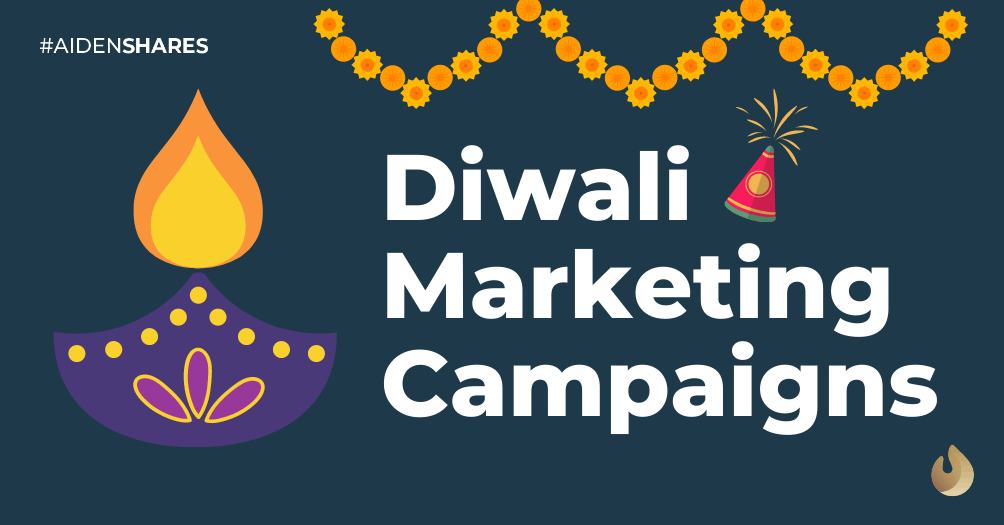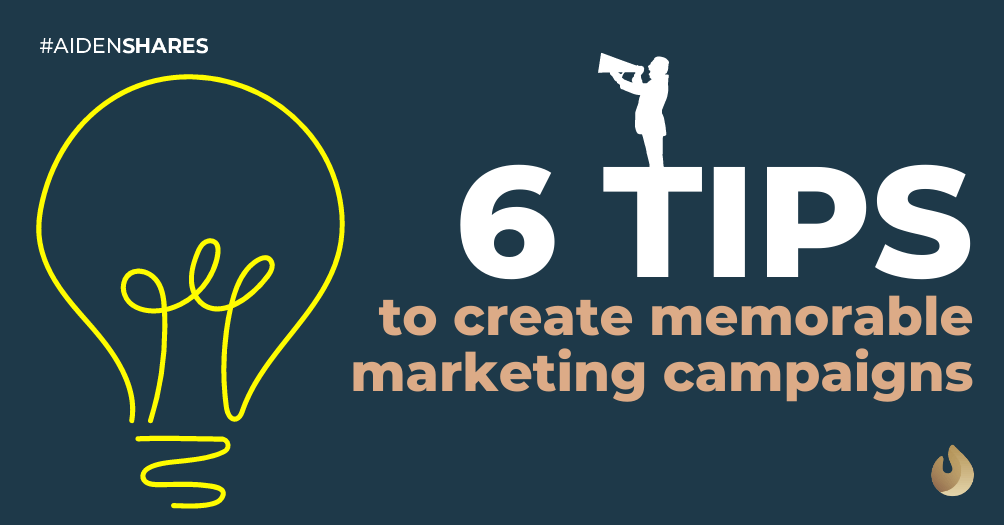Call to Action Phrases That Might Work for You
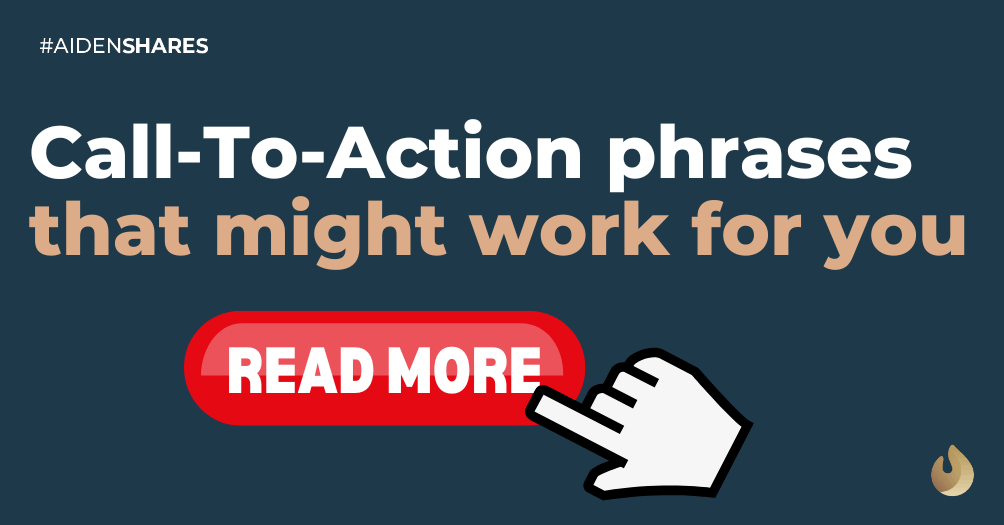
A call to action (CTA) phrase is a statement to encourage readers to take some action. It is easy to find CTA phrases in marketing and advertising, but readers can also find them in other types of writing, such as editorials, blog posts, and emails. All CTAs share one common goal: to get the reader to do something–regardless of the message or its context.
There are many different reasons why CTAs are important. Businesses use CTAs to generate leads or sales. Nonprofits craft powerful CTAs to raise awareness or encourage donations. The same goes for individuals who use CTAs to promote healthy habits or encourage others to take action on important issues.
No matter the goal, a well-crafted CTA can be a powerful tool for achieving it.
TL;DR
View this post on Instagram
Examples of CTA phrases that inspire people to take action
There’s no shortage of examples of powerful CTA phrases that inspire people to take action. “Just Do It” is probably the most iconic one. There are plenty of others that are just as effective.
Ends tomorrow
Businesses use this to encourage customers to make a purchase before it’s too late. Effective in creating a sense of fear of missing out. It also provides a clear deadline for making a decision. This CTA also conveys a sense of exclusivity, making customers feel like they are a part of a select group who can take advantage of the offer.
Limited time only
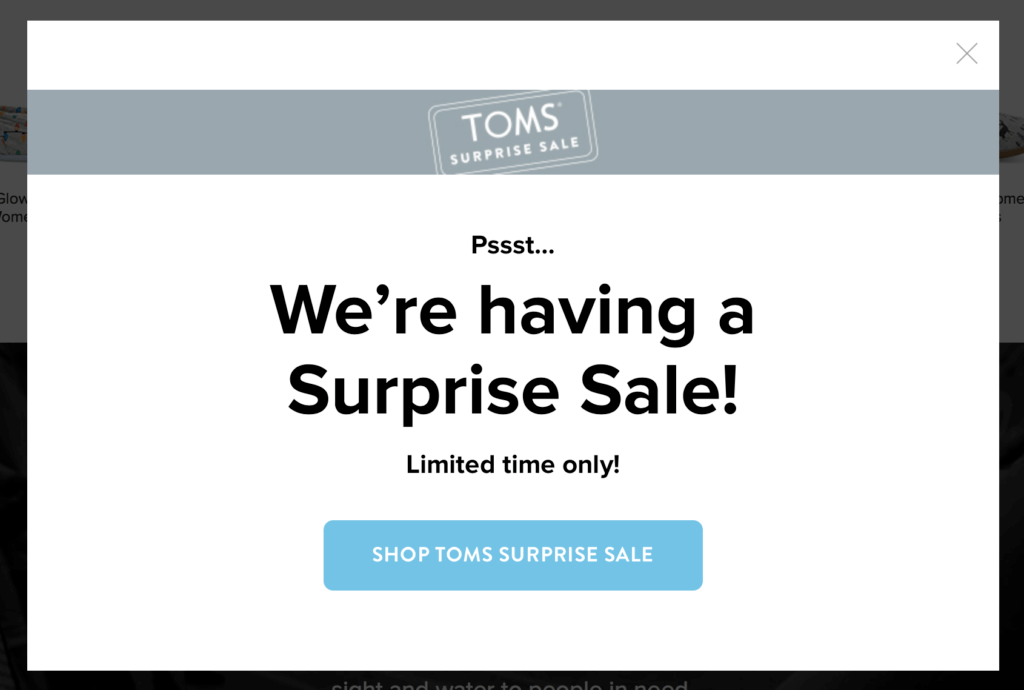
A classic one. Powerful to drive sales behind the simple idea of pushing customers to make purchases before it’s too late or other businesses to stock up on their inventory before the sale ends. Some believe it’s effective in driving sales.
Yet, powerful is the key term here.
Overuse it, and the CTA can backfire. People will ignore it because they don’t like the pressure to buy again and again.
Activate today
Today is the day. It’s another powerful word.
It jumpstarts your motivation and encourages you to take action immediately. Not tomorrow, not next week, but today.
The “activate today” might be the nudge people need to get started.
Add to cart
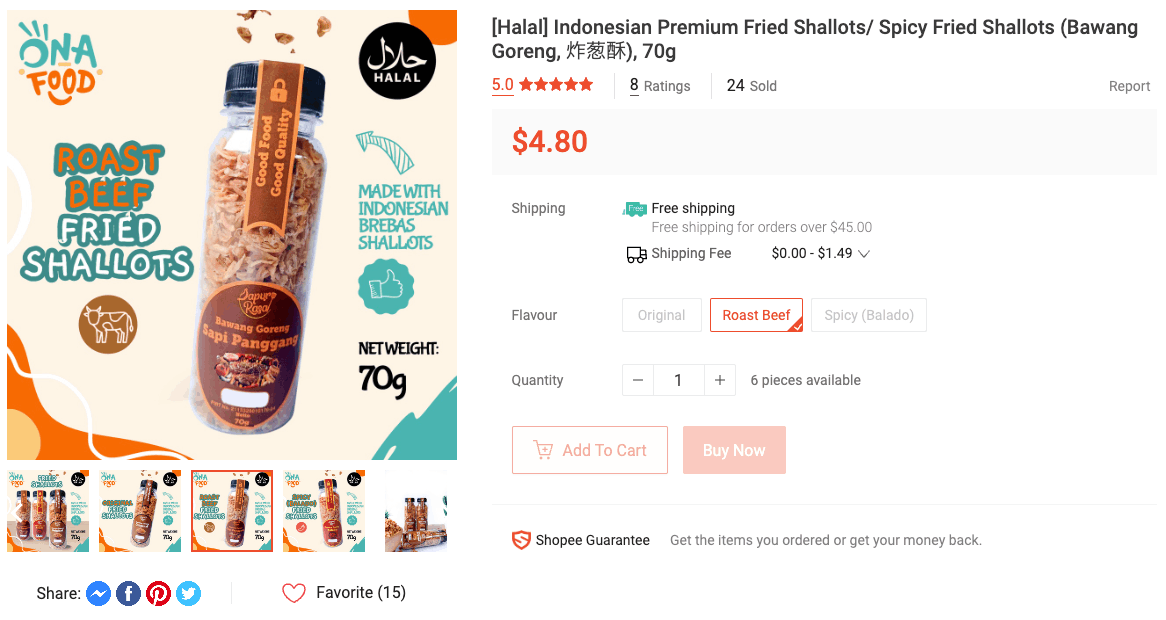
Simplicity is key in this CTA: a simple action with a clear result. Customers know that when they click the “add to cart”, they will add the item to their purchase and will be one step closer to checkout. It’s found in most eCommerce stores!
Add to wishlist
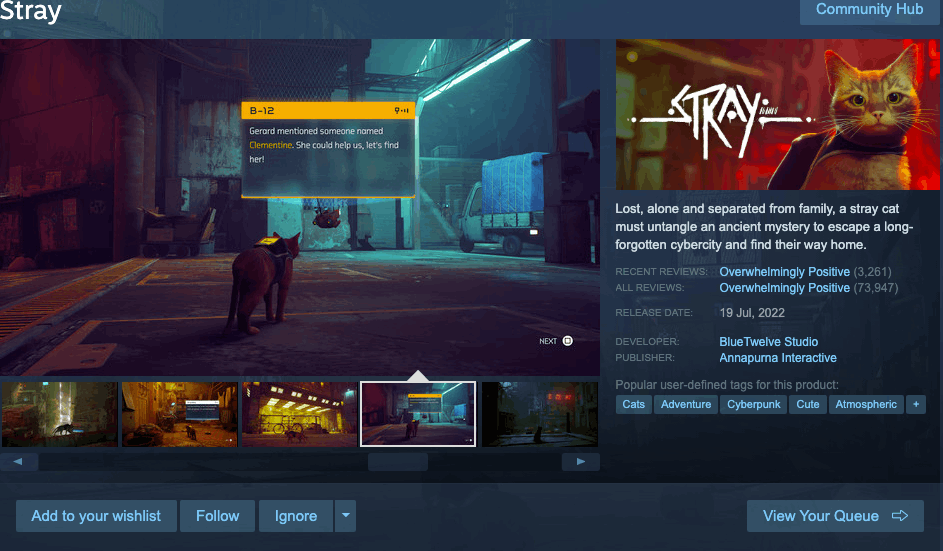
The “Add to wishlist” helps businesses find the right balance between being chill and appearing too pushy. It’s a low commitment and nonintrusive CTA. Users can express interest in a product without the obligation to purchase it.
Get your free
It’s a great CTA, more likely to get people to take action. It has a positive connotation as a gesture of goodwill. Also, it’s free or in other words, it’s hard to resist. “Free” is definitely a word that gets people clicking!
Reserve now

Now or never. Now or never. Now or never.
That’s what businesses, like holiday resorts or hotels, are trying to tell readers when they create CTAs like that. Take advantage of their offer now or miss out on enjoying crazy deals to chill on their beachfront properties, for instance.
One-time offer
Like most CTAs, a “one-time offer” evokes a sense of urgency and scarcity in the readers. It’s compelling enough to make readers consider the offer further because, obviously, it’s only a one-time offer.
While supplies last
Aside from the apparent fact of trying to move inventory, businesses may use the CTA to drive traffic to their website or store. You might have seen “while stocks last,” “first come, first serve”, or “limited stock” these ought to get to moving in the fear that you will miss out on the deal if you don’t purchase it as soon as possible.
Make a difference today
It is an excellent example of a CTA encouraging people to take positive action. “You can make a difference” is also another good one. These CTAs are helpful for nonprofits and also for-profit businesses that tap into sustainability stuff.
Those phrases work because they knock into our desire to make a difference in the world. They make us feel like we can do something to improve the world, which is a potent motivator.
See for yourself
It’s direct and specific and tells readers they are in control, not under pressure to take any action. It all rests in the readers’ decision-making process, whether they want to take steps or not. It would become a decisions consumer have made themselves.
Treat yourself
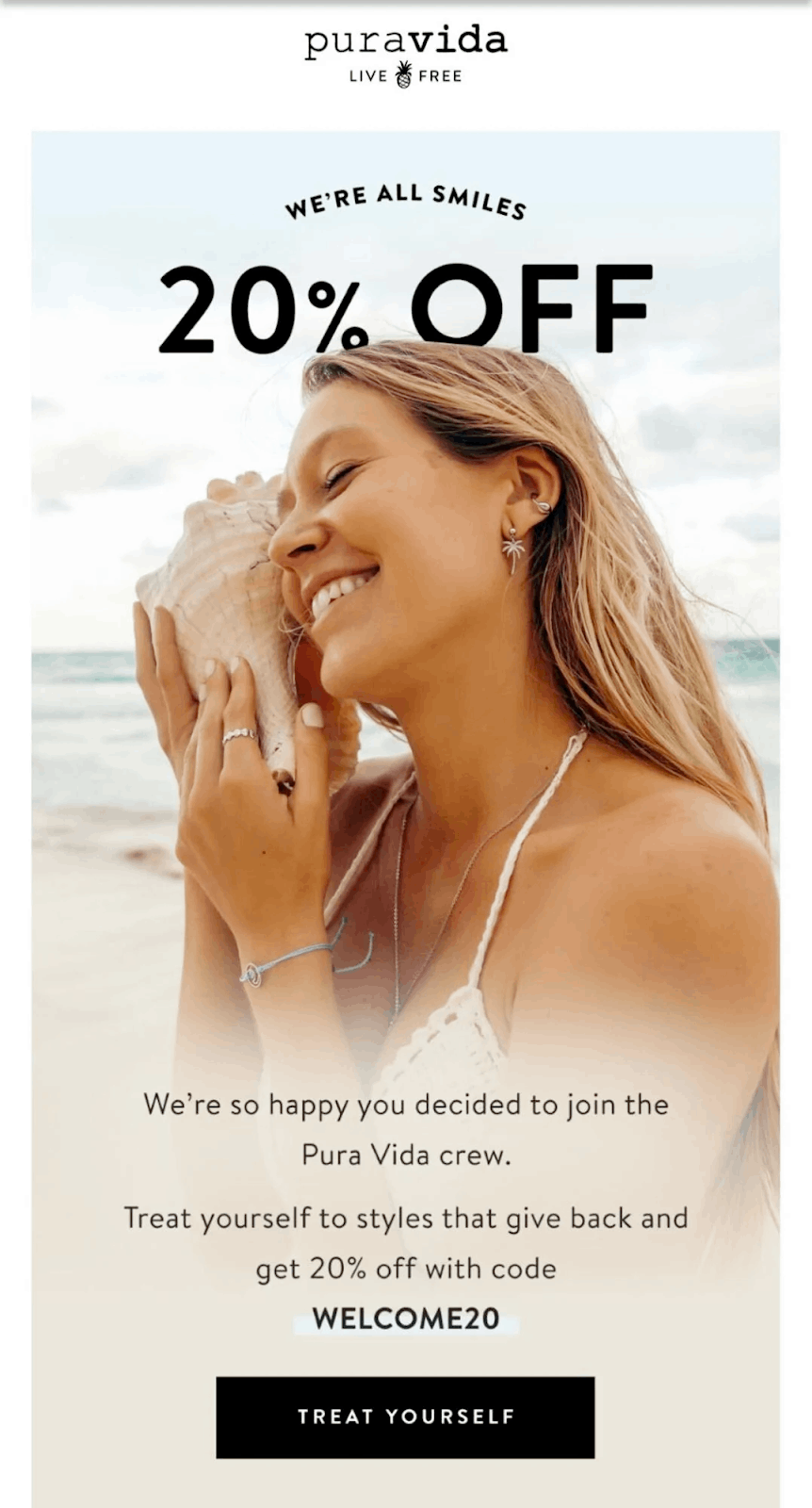
Businesses use the phrase “treat yourself” as a CTA to encourage impulse purchases. It works wonderfully among readers who want to indulge in a bit of self-care, those who are ready to spend a little more on themselves.
Get lifetime access
The CTA instils confidence that customers only need to pay once to use a product or service for as long as they need it. Of course, it’s also a totally different vibe from other CTAs.
Get started
As it says, the CTA is an excellent choice for a simple yet powerful way to encourage readers to start something. It’s also a tiny push for people who aren’t sure about whether they want to indulge further. People like to click on buttons, sometimes even when they aren’t interested. It’s an opportunity for businesses to create engaging content to pull the reader in more and more.
See similar
The CTA is an important one for eCommerce businesses. By encouraging customers to see similar products, companies can increase the chances that customers will find something they like and make a purchase.
Buy it together
This is a CTA that can help businesses to upsell more products. Another option to boost sales, isn’t it?
Join FREE for a month
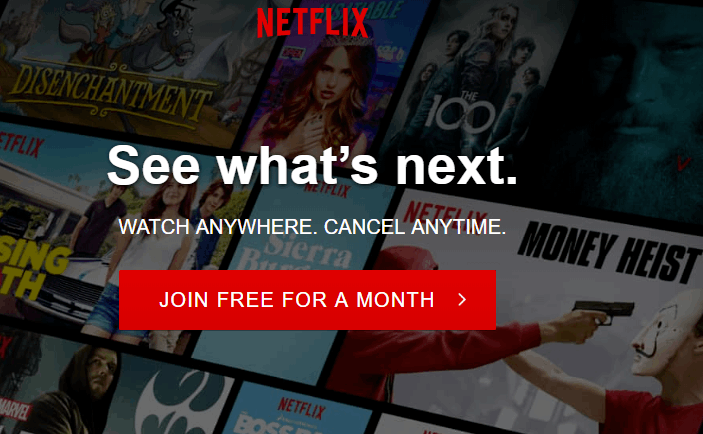
A straightforward CTA tells readers they can try a service for a month. Couple it with a line of “no sign-up required” and see how it can help the conversion rate goes up.
Get it on App Store or Google Play
A must-have CTA for mobile apps. These also signal a trusted way to download an app directly from the creator.
Become a master
Trying to sell an online course? Or want more people to sign up for a webinar? The CTA “become a {replace with anything} master” can be an effective way to make people join.
How to craft effective CTA phrases?
Creating a compelling call-to-action (CTA) can be tricky because you want your phrase to be persuasive without sounding sales-y. An excellent place to start is by keeping it short and sweet. The fewer words you use, the more likely your reader will take action.
Please don’t take it the wrong way. Sometimes, it’s also better to be specific in what you’re asking your reader to do. For instance, “Sign up for our newsletter” is much more effective than “Sign up now!”. Also, ensure your CTA is relevant to the rest of your content. For example, if you’re writing about a new product launch, including a CTA to “Pre-order now!” will make perfect sense.
Creating an effective CTA phrase may take some practice, but it’s worth it when you see the impact on your bottom line. Try different techniques and find what works best for you and your audience. You’ll be writing CTAs that convert in no time.
